When analyzing the market space inhabited by both traditional and new-age media companies one of the necessary prerequisites for customer buy-in is Trust. Without trust, people can not consume a media source especially when that media source purports to be a purveyor of news and information.
According to Gallup, American trust in mass media institutions has tanked. Trust is down across all political demographics with the Democrats being the sole exception; this is an industry ripe for disruption. Enter Twitter and Elon Musk.
Twitter, at its core, is offering Trust as a Service (TaaS) to its user base. Twitter is trying to sell its audience on the idea that we can entrust it to host important conversations on its platform without engaging in unethical moderation tactics to censor information deemed ‘inappropriate.’ In addition, Twitter is attempting to prove to what extent it can act as a "trust broker" since conversations that happen on Twitter can make or break trust in people, institutions, and other entities.
Historically, we had what is now a 'Legacy Media' that brokered trust by telling us who we could and could not trust. As Malcolm X noted, centralized trust brokerage oligarchies gave a small group of people the ability to control the narrative to such an extent that perceptions of guilt and innocence could be shaped. Now we have reached a point, as shown earlier by Gallup, where Legacy Media has destroyed its own reputation by failing to adapt to the increasing levels of transparency that came with the Internet and through biased reporting.
Twitter has become the place for real-time news updates. There’s no competition when you can hear from direct sources and watch the “wisdom of the crowd” play out in disseminating information. Anything in a traditional media format is delayed, less scrutinized, and riddled with bias as indicated by the above chart. When audiences are presented with a free platform that lets regular people directly interact with information and prominent figures, how can a decrepit media landscape hope to compete? It can not.
With each passing year, such outlets act more as overfunded Twitter curation tools (and as propaganda outlets in the worst of cases) than actual disseminators of news and information. Not to mention the lag that exists between the time that news breaks on Twitter and when the news is reported by everyone else which the below cartoon illustrates.
With each year that passes, Legacy Media outlets like the New York Times and Washington Post become increasingly dependent on social media to produce their content. When outlets like Twitter exist where people can get news from direct sources and analysis of information occurs through the Wisdom of the Crowd, there are gradually fewer and fewer viable ways for Legacy Media to compete. All of this begs the question as to what Twitter is doing to market itself as a TaaS so it can earn the trust of its user base.
A large burden inherited by New Twitter is a technical product that still dishes out punishments using arbitrary criteria. As documented, there continue to be flaws in the moderation process on Twitter. Some suggestions that could act as potential solutions are:
Fix the bug where some accounts are unable to appeal
Remove permanent suspensions (or require human review to issue a permanent ban)
Safeguards to mitigate mass reporting campaigns
While it’s important to empower newly registered users, it is also important to recognize the malicious ways account creation can be abused - namely by bots and those creating alt accounts specifically to report ideological rivals. Along with restricting the ability of freshly made accounts to report users (perhaps even locking this ability to Twitter Blue subscribers), a potential solution in this department could be to do something akin to the Reddit Karma system where users need to meet certain Karma thresholds to use certain Twitter features which would include reporting tools.
Some steps are already being taken to correct missteps taken under previous Twitter ownership. #FreedomFridays have been a fun tradition where some accounts that were unfairly banned get reinstated. Via polls conducted by Elon Musk, Twitter users can, to some extent, influence company policy. This is in stark contrast to how other companies operate and different from prior ownership implementing politically driven policies like the 'misgendering' ban while doing relatively little to combat child content on its platform.
One of the most important decisions from Elon Musk was to release the Twitter Files that revealed what went on behind the scenes of a major tech social media company and government collusion. By doing so, he set new standards for what transparency should look like from tech companies.
Leaked messages indicate similar events were occurring at other companies such as Facebook, Microsoft, Verizon, Reddit, Pinterest, and others. The Twitter Files revealed that under its previous ownership, Twitter operated as an arm of the institutions.
To succeed as a TaaS, New Twitter must act as a defiant force by resisting pressure from Legacy Media to stifle conversations on its platform and by empowering citizen journalism in order to displace the role of old oligarchies in trust brokering.

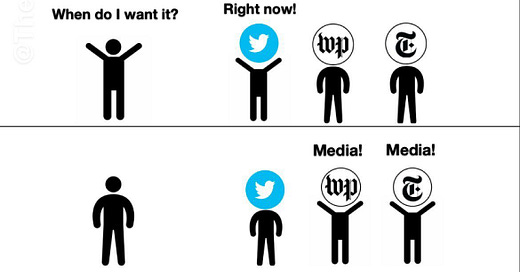



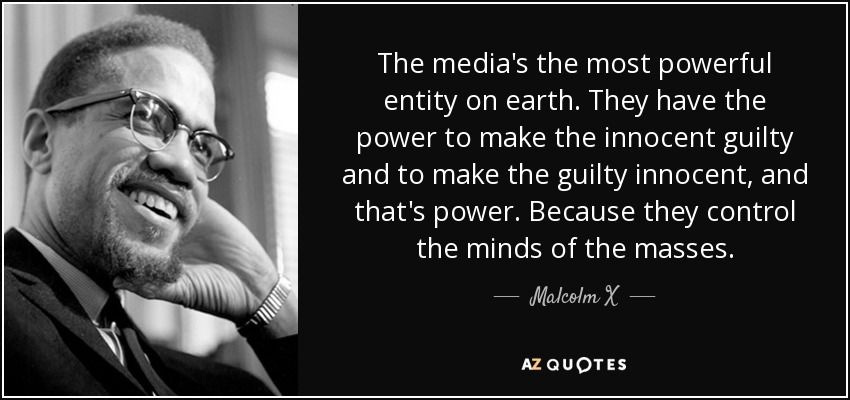
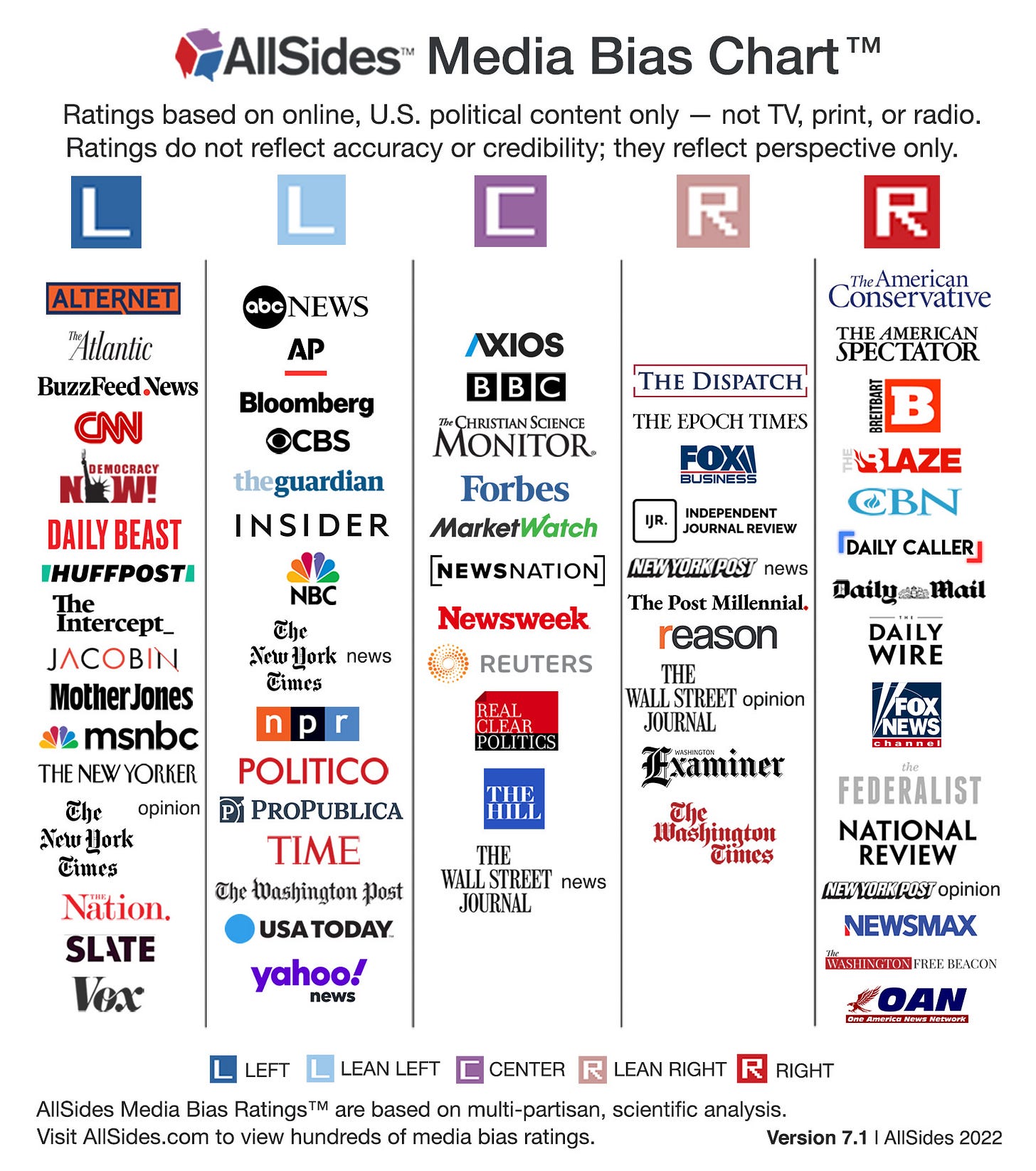

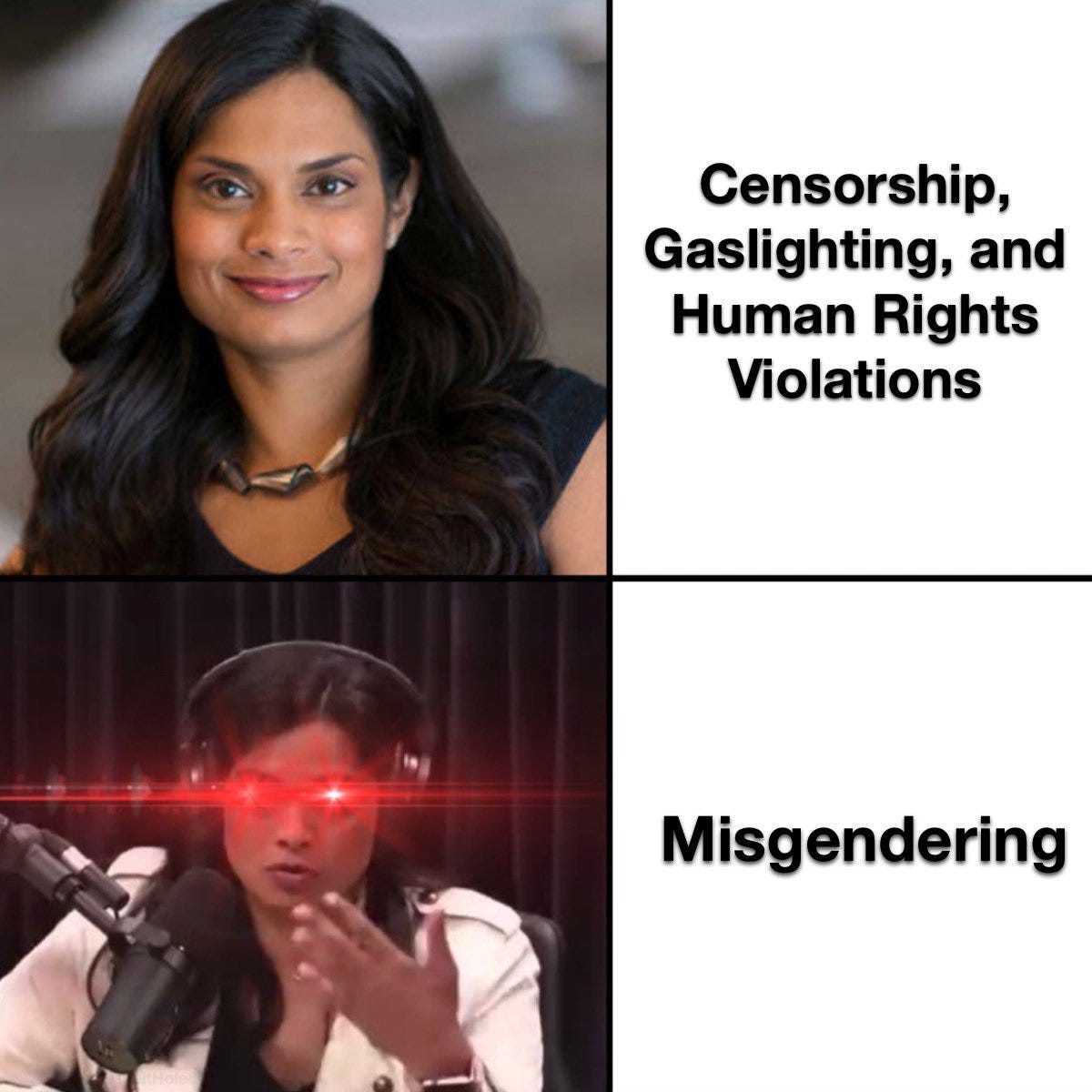
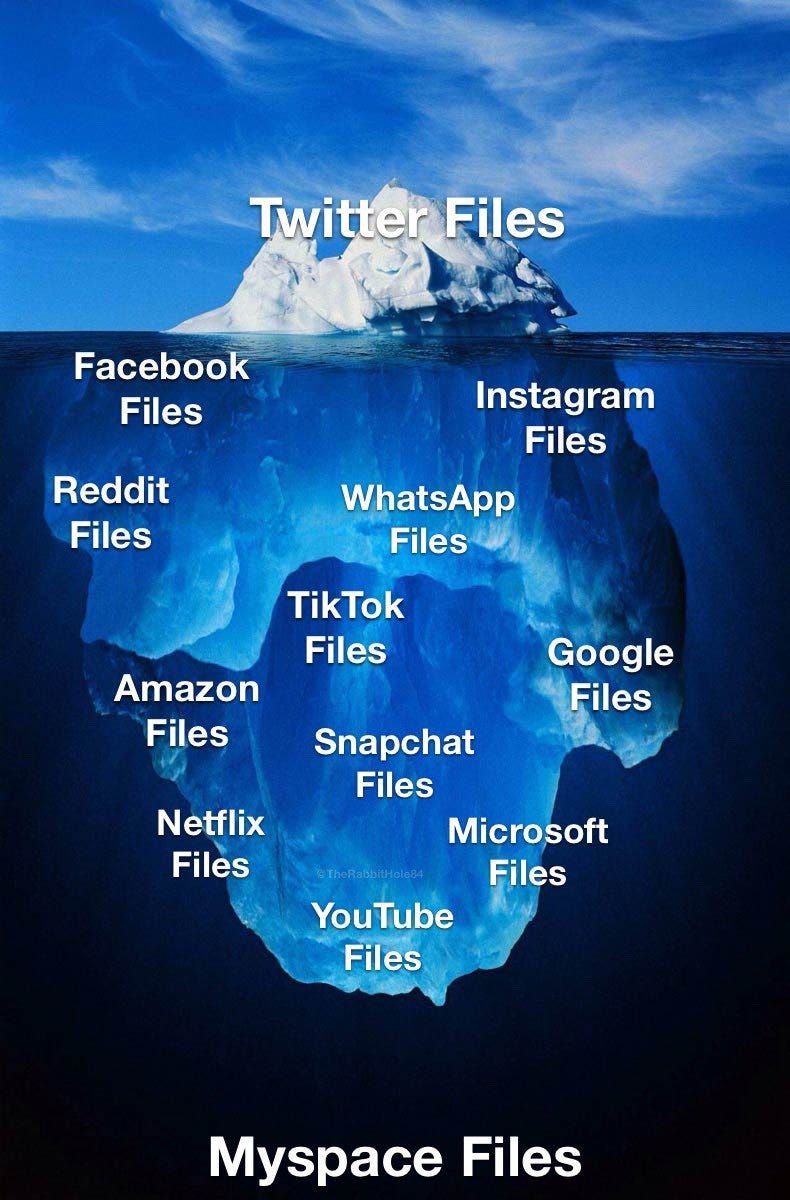

Brilliant idea. There should also be financial incentives for those who are most trustworthy.
I think the time is ripe for a complete Twitter rebranding and platform overhaul.
Its current structure doesn't quite support Elon's ambitious intent of actually speaking the truth to the extent that it could.
One platform to rule them all. That's the opportunity here.